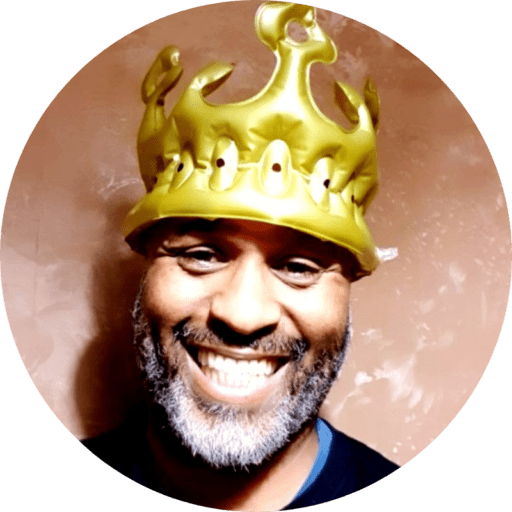I watched only one TED talk today and it was everything a great talk should be – insightful, impassioned, well delivered, humorous and deeply engaging. To say it has inspired me is an understatement. As a result of this talk I have some new and exciting learning to make and perhaps a new movement to join. Would love to hear what you think about this talk.
#1 Benjamin Barber: Why mayors should rule the world
[ted id=1825]
The challenges that face our modern world are increasingly trans-national – they traverse borders and airspace. From terrorism to pandemics to climate change – the modern challenges facing humanity require, perhaps more than ever, that human beings work better together.
Benjamin’s suggestion that our political systems that have hardly changed in 400 years are not up to the task of addressing our modern challenges is a strong and reasonable point.
The main thrust of this talk is that cities is where people live their lives, they are the coalface of civic life. With 50+ percent of the world’s population living in cities (70% in the western countries), he may be right. And government of cities requires a much more pragmatic leadership than countries. The feedback from things not working right in a city are almost immediate and mayors do not have the luxury of delay or aloofness that presidents and prime ministers have.
Benjamin clearly knows his stuff, he has studied the policies and government of many prominent mayors and many others I hadn’t even heard of.
I really liked this talk because Benjamin’s central points made total sense to me. The business of national government has become so far removed from everyday life, there is very little connection with people anymore. Mayors – the embodiment of local connections – need a deep understanding of the community they govern. Although he didn’t mention a single drawback of any mayors’ policies or any problems that cities have,as a result of having a mayor – there are undoubtedly many.
There were some aspects that I am still puzzled about, namely:
- There are far more cities than countries and some cities are bigger than some countries.
At what point does population make city governance as disconnected as national governance? - There are still borders, if not jurisdictions. Even if these are only ‘city limits’. What extends beyond them in terms of mayoral responsibility.
- What form do the relationships between cities take – treaties?
Actually I don’t think mayors should rule the world. I think that more needs to be done to overhaul our national political structures to reconnect it with communities. Communities are not part of the countries – they are the country.
I think there is much to learn about how cities work – and how they don’t – and how mayors work and the nature of decentralisation. So rather than swap one set of political structures for another, I am leaning towards re-imagining a new structure that is community centered, with institutions that have representation at their very core.
My key learning: I learned that we must question the suitability of old tools to new problems. Infact I think that we are best advised to understand whether our problem is new or not as a first step to trying to solve it. I do not believe this is talked about enough – especially with regard to political structures, democracy and the power of the people.
What questions is this talk inspiring in you? Have nation states outlived their usefulness, is there a need for more localised and pragmatic city leadership? I’d love to hear your opinions, comment below or tweet!

Leave a Reply